Exclusive Shane Warne column: my secret comeback trick for banned Sandpapergate stars
Shane Warne column: I haven’t told many people about some of the things I used to do behind closed doors during my 12 month ban. But if it can help Smith and Warner at all, then here goes.
Cricket
Don't miss out on the headlines from Cricket. Followed categories will be added to My News.
I haven’t told many people this.
Early on in 2004, with my 12-month ban about to end, I put my whites on at home.
It was just me. I turned on the TV and, with a ball in my hand, watched footage of some of my best bowling.
It just reminded me about how much I missed the game, how much I loved the game, and brought all those good feelings back. It got me excited about playing again.
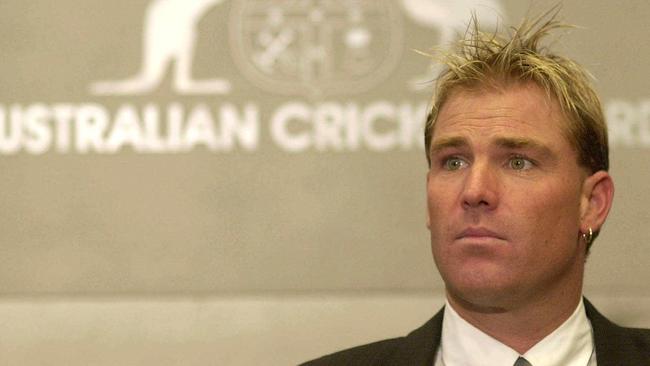
MORE CRICKET NEWS
SELECTION QUANDARY: Marsh swamped in World Cup race
BELIEF: Series win closes rotating door
They say you don’t know what you’ve got until it’s gone.
Being banned from not just playing cricket, but training, being with my teammates, taught me that. No doubt it’s taught Steve Smith and David Warner the same thing.
Like Smith and Warner, I was out for 12 months. But the difference is, they were allowed to train, even play.
I couldn’t go anywhere near a training facility, not even an indoor centre.
I’d lived my life in a comfort zone. Every day as a cricketer you’re told what tracksuit to wear, what time the bus leaves, what we were doing at training, after training, going to a function, doing something for a sponsor, etc.
All of a sudden you’re out of the game and when it’s something of this magnitude, you’re on your own.
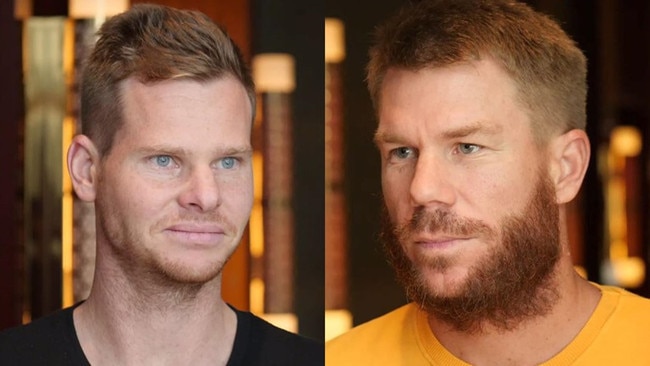
MORE CRICKET NEWS
SKIPPER: Finch finds form with drought-breaking ton
SHIELD WRAP: Blues demolish Tasmania to secure spot in final
That’s the other thing. Your friendship circle can become small.
Some of your friends let you down and some of your friends surprise you. Some you thought you weren’t that close to — go out of their way to be there for you and to support you. Some of those you thought were your best friends go missing.
One of the silver linings of having that 12 months off, for me, and for these guys, is you find out who your real friends are, who you can count on.
A few my teammates stayed in touch, sent me messages, asked me how I was feeling, if they could do anything for me. Those messages were really important. Those people sending them probably didn’t know how much it meant. It gives you a bit of a lift.
LISTEN! Ball-tampering scandal anniversary special with Geoff Lemon, author of ‘Steve Smith’s Men’, a meticulously detailed and award-listed account of the Newlands scandal and what it means for Australian cricket.
Listen below or search for ‘Cricket Unfiltered’ wherever you get your podcasts from.
When I finally accepted my situation, I thought, stuff it, and decided I’d do some things I really wanted to do, things I hadn’t been able to do in 15 years as a professional cricketer.
Apart from spending time with my family, I played a lot of golf, 27 days in a row at one stage.
I learned to drive a car properly and did advanced driving courses. I even got to the stage where I could have sat for my CAMS license. I was also very thankful to Grant Thomas and the St Kilda Football Club for adding me to their leadership group and helping me out.
I’d had a couple of finger operations and a couple of shoulder operations too, so it was a great chance for me to get my body right, and mentally freshen up away from the game.
I didn’t keep a real close eye on cricket either, and you realise not every single person in the world is watching the game, judging you. Not everyone cares.
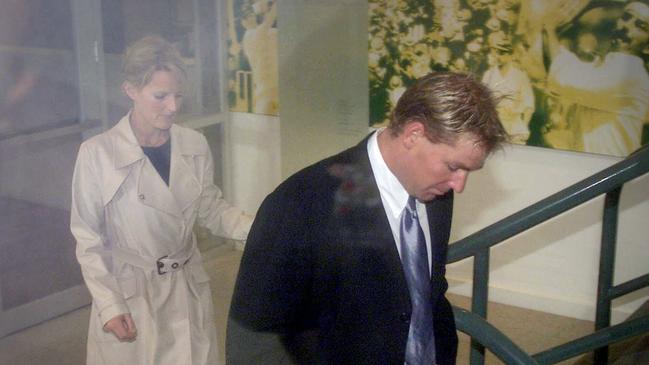
I was near the end of my ban, at the Melbourne Cup, talking to a couple of friends, and they said it was the first day of the first Test. I didn’t even know.
I started bowling again, to friends, my brother, getting ready.
I was always going to come back through the Victorian team and a few weeks out the phone calls started, about coming back to training, asking me how I wanted to play it, if I wanted to talk to the group.
I told them I just wanted to be like a new player coming in.
It was a bit awkward when I went back, I was a bit nervous. But it was exciting too, and the Victorian guys couldn’t have been more welcoming.
“Great to have you back, ‘King’,” they said.
There wasn’t any real public blowback either.
I had never touched drugs in my life and I was worried about being linked to drugs.
But over time, and when I explained everything and all the facts were presented, people realised I’d just made an error in judgment. I’d made an innocent mistake.
Everyone understood that; the public, players, my teammates.
I played a Victorian second XI game, then the Test squad to tour Sri Lanka was picked and I was in it.
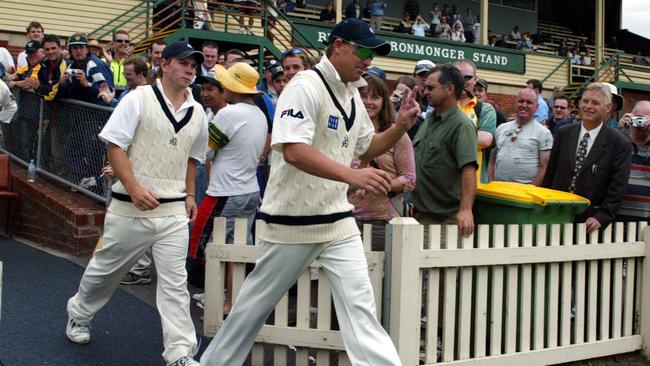
I was super fit. I trained with Russell Crowe’s ex-trainer, Lourene, and I was fit as I have ever been in my life. I was raring to go.
And I wanted to show everyone what they had missed.
Everyone was amazing, the whole team was outstanding in welcoming me back. Guys like Darren Lehmann, Damien Martyn, Andrew Symonds and Ricky Ponting, too.
I flew my mum and dad over for the first Test, for a bit of extra support. They had ridden the 12 months with me.
I took 10 wickets in that first Test, including my 500th. Having a milestone in that match was pretty special, too.
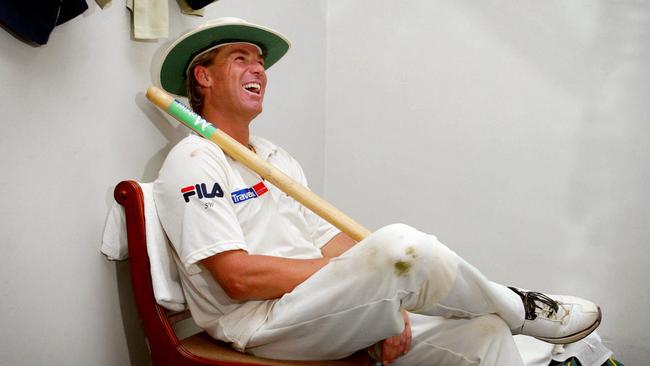
I was welcomed back with open arms, the past never got a mention, and for the next four years, the rest of my career, they were probably the best years statistically I ever had.
I was fresh in the mind and body. I’d learned so many life lessons, who my real friends were, who supported me and I’d got to do some things I’d never had the chance to do before.
Then you’re back in the heat of the battle, playing for Australia and the support of the public too — you start to realise how much all of that means to you.
After their 12 months out, I expect Smith and Warner to feel the same.


